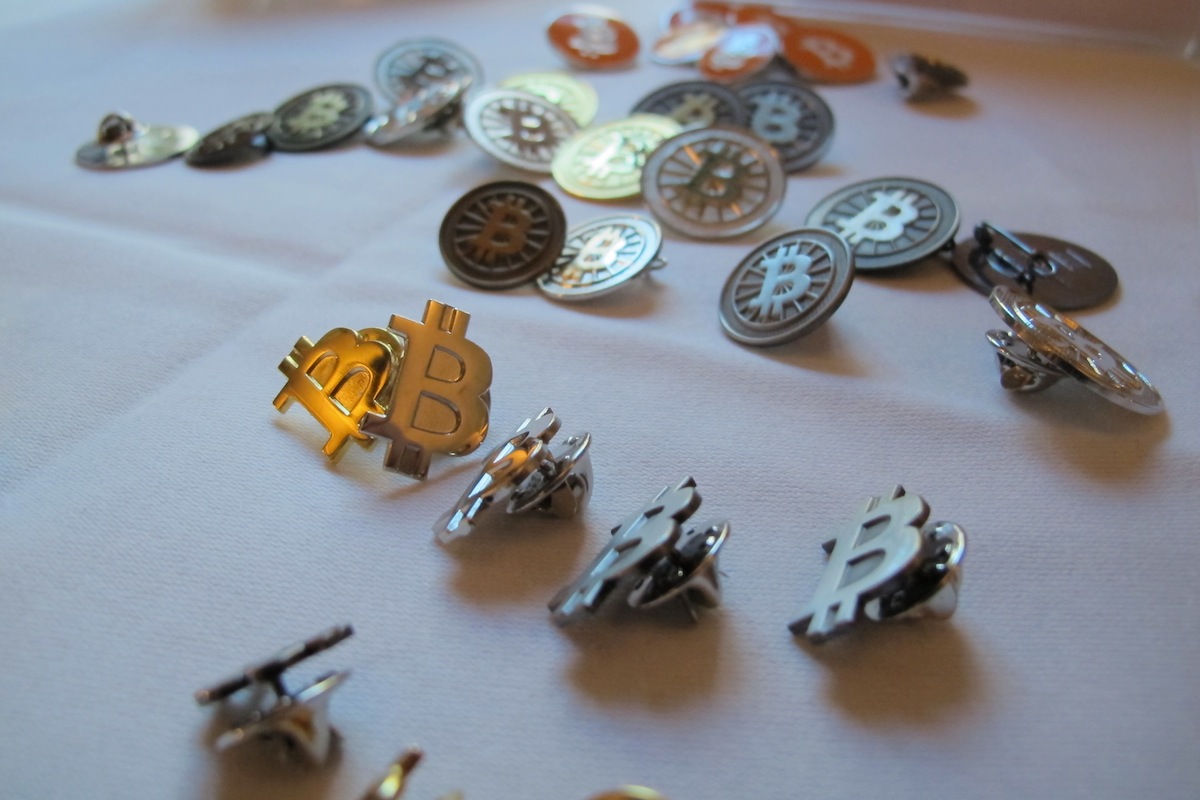Businesses Not Bothered by Bitcoin Backlash

Photo via Associated Press
After a major security breach at a top-level bitcoin exchange company in Japan led to millions of dollars worth of people’s money going missing, many have wondered what the future holds for the volatile digital currency, and whether in the long-term it’s still a viable option. But not local businesses—they still stand behind the products and innovations they have been pushing for the new form of money.
“While negative news tends to grab the headlines, these developments will be quickly eclipsed by industry innovation and the radical improvements digital currency provides for consumers and businesses around the world,” said Jeremy Allaire, founder of Boston-based Circle, which builds payment tools for merchants that want to accept this form of digital currency.
Bitcoin is an open-source form of online currency comprised of complex algorithms that can be purchased and exchanged by people like any other money, but because it’s not regulated by any bank or institution, it tends to fluctuate dramatically and can sometimes be a risky investment, as evidenced by Mt. Gox in Japan this week.
According to reports, Mt. Gox, the world’s largest bitcoin exchange, was subject to some sort of breach, and more than 744,408 bitcoin were stolen.
But the overseas problems, while clearly a public relations nightmare when it comes to how the general public perceives the emerging crypto-currency, aren’t getting to Allaire.
“Mt. Gox has had a long stretch of issues ranging from security vulnerabilities to customer support problems to difficulties getting fiat and digital currency in and out of their platform,” he said. “Given their reputation, it wasn’t a huge surprise to see how things turned out, unfortunately. While the impact of Mt. Gox’s actions on its customers is devastating, I remain confident that bitcoin represents the future of payments, and that the digital currency industry as a whole will be in a much stronger position with bad actors and companies such as Mt. Gox out of the picture.”
Dr. Catherine Mann, an expert on monetary policy from the Brandeis International Business School, has no doubt the latest breach will have a negative impact on people’s perception of bitcoin, and that more protections and regulations will need to be rolled out in order to avoid a similar fate as Mt. Gox’s.
“For me, it’s hard to see the transactional value of bitcoin that supersedes the current available payment mechanisms, unless what you are wanting is to engage in an activity that leaves no trail,” she said. “If they want to link into traditional payment mechanisms, and into central banks, then there are going to be some transparency requirements. Right now, you’ve got Mt. Gox being synonymous with the currency, and it was either robbed or the owners ran off with all the money. So here you got these other peripheral companies that were going to get ready to be an intermediary between the originator of the currency and the final customer, and so, if they are a bridge between the creator of the currency, then one [section] of the bridge just got blown up.”
She said companies like Allaire’s will need to have a sterling reputation to take over the role of bitcoin exchange. “I think that’s going to be challenging to do.”
Allaire, however, said there’s a new generation of exchanges and consumer products coming on the scene, led by industry veterans and venture capital backers, who are building serious financial services for digital currency that include consumer protections, disclosures, security requirements, and other components necessary to build end-user confidence and trust, unlike Mt. Gox’s operations.
“To date, the marketplace has been dominated by trading on offshore exchanges, which are largely illiquid and have very small trading volume, and a high degree of volatility as a result. Fortunately, new exchanges are coming online with serious institutional involvement,” he said.
Systems and protections like these give Chris Yim, cofounder of one of the first bitcoin ATM’s, LibertyTeller, a fair share of confidence about the industry standards. “The message about Mt. Gox has been around the fact that it’s an isolated case, and has nothing to do with the fundamental bitcoin protocol, and we aren’t worried at all,” he said. “It’s an unfortunate PR opportunity, but one we can spin into a quite positive message about buying bitcoin.”
He said he’ll do that by educating customers as they approach his ATM, and ask questions about the digital currency. “The silver lining in all of this is that more and more people know now than they did yesterday about what bitcoin is,” he said.


